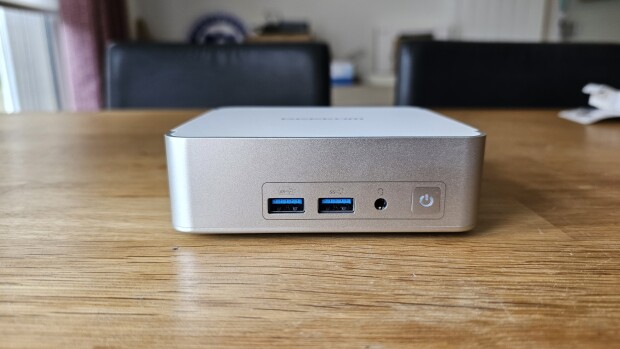Scientists are working on a way to have satellites beam down solar energy to the Earth. In 2001 the United States abandoned this program, but still several nations have continued to work on it. These remaining nations will meet up again in Spain to discuss this project. Without the U.S. (NASA) can this project succeed? When NASA was involved with this project it brought the most funding and resources. Can this project be done in a timely manner without the leader in Space Technology?
Scientists from around the world will soon gather to discuss how satellites could be used to address the world's energy needs by relaying solar power to Earth. But the U.S. government's decision to abandon research in 2001 could prevent the alternative energy source from ever seeing the light of day.
Solar panels on Earth are inherently limited in their ability to collect energy by two things -- the lack of direct sun at night and atmospheric interference from weather. NASA's now-abandoned Space Solar Power program would avoid these terrestrial impediments by launching satellites that would collect solar radiation and beam the energy to Earth. These satellite systems could each provide gigawatts of electricity, enough power for tens of thousands of homes.
Interest in solar space power peaked in 2000, when NASA officials testified before the House Committee on Science that by 2006 test satellites could be wirelessly transmitting energy from space. After three years of studying the challenges and a favorable report from the National Research Council, in 2001 NASA requested and received new funding for the space solar power program. But later that year, NASA canceled the program (the website was last updated in August 2001) and withdrew the funding.
![]() News source: Wired.com
News source: Wired.com

















-1 Comments - Add comment